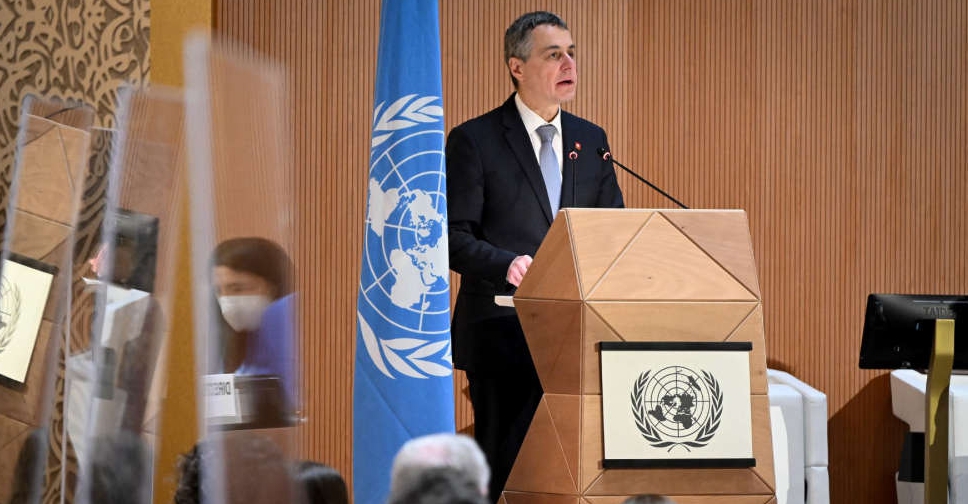
Switzerland will adopt all the sanctions that the European Union has imposed on Russian people and companies and freeze their assets, the government said in a sharp deviation from the country's traditional neutrality.
"We are in an extraordinary situation where extraordinary measures could be decided," President and Foreign Minister Ignazio Cassis told a news conference in Bern on Monday, flanked by the finance, defence and justice ministers.
Only history would tell if such a move could happen again, he said.
Swiss neutrality remained intact but "of course we stand on the side of Western values," he added.
Switzerland also adopted financial sanctions against Russian President Vladimir Putin, Prime Minister Mikhail Mishustin and Foreign Minister Sergei Lavrov, effective immediately, and closed its airspace to most Russian aircraft.
Switzerland has steered clear of imposing sanctions in a string of crises, including when Russia annexed Crimea in 2014.
Up to now, the exception has been sanctions imposed by the UN Security Council, which it has to implement under international law.
In view of Russia's military intervention in Ukraine, the Swiss cabinet decided to adopt the packages of sanctions the EU imposed on February 23 and 25, the government said.
The EU's head diplomat, Josep Borrell, welcomed the move and said it was "good news" that transferring money to Switzerland would no longer help Russian oligarchs.
Switzerland had tried to keep a tortuous balance between showing solidarity with the West and maintaining its traditional neutrality that it said could make it a potential mediator.
But the government faced growing pressure from the EU, the United States and thousands of protesters who marched in Bern on Saturday calling for it to side clearly with the West against Moscow.
"Switzerland reaffirms its solidarity with Ukraine and its people; it will be delivering relief supplies for people who have fled to Poland," the government said.
It added that it had also banned five oligarchs close to Putin from entering the country, without naming them.
Commodity trading remained mostly intact as this was not covered by EU sanctions so far, Finance Minister Ueli Maurer said.
He said Switzerland's financial centre could easily absorb the blow of sanctions.
"It is often bandied about that Russia is the most important financial centre for Switzerland, but it is not, it is rather a minor player," Maurer said.
Russians held nearly 10.4 billion Swiss francs ($11.33 billion) in Switzerland in 2020, Swiss National Bank data show.
The government had so far said only that it would not let Switzerland be used as a platform to circumvent EU sanctions.




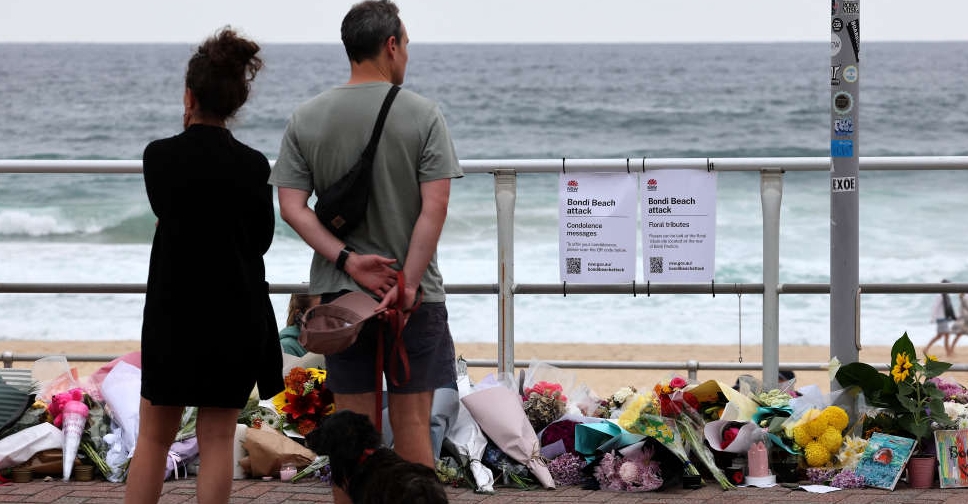 Philippines confirms visit by alleged Bondi gunmen amid terrorism concerns
Philippines confirms visit by alleged Bondi gunmen amid terrorism concerns
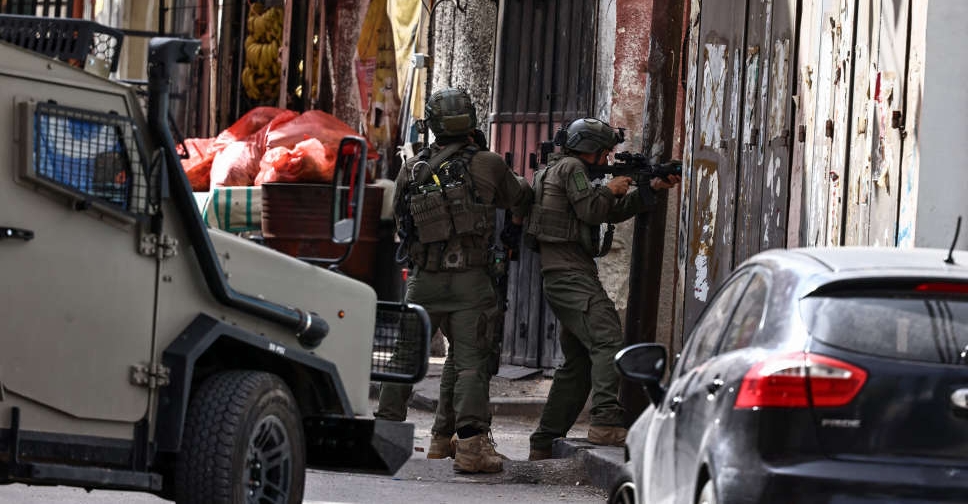 Israeli forces kill Palestinian teen in West Bank, health ministry says
Israeli forces kill Palestinian teen in West Bank, health ministry says
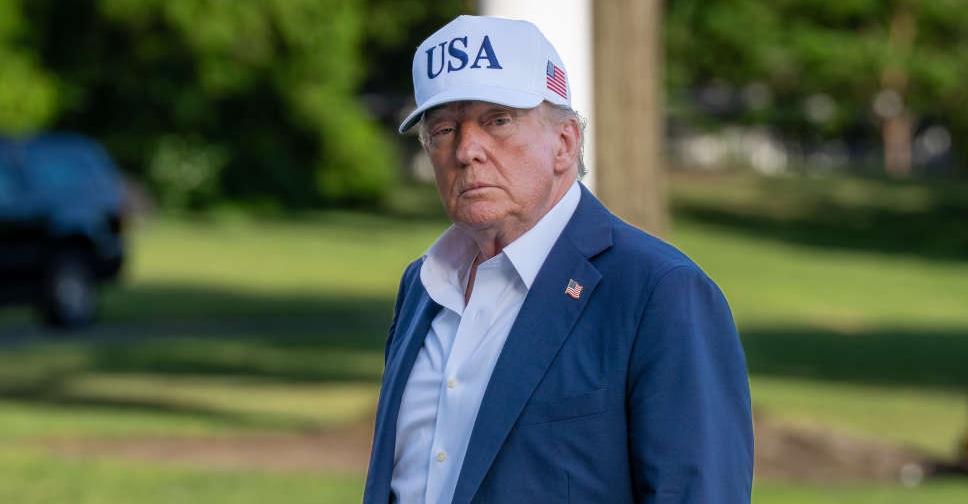 Trump sues BBC for defamation, seeks up to $10 billion in damages
Trump sues BBC for defamation, seeks up to $10 billion in damages
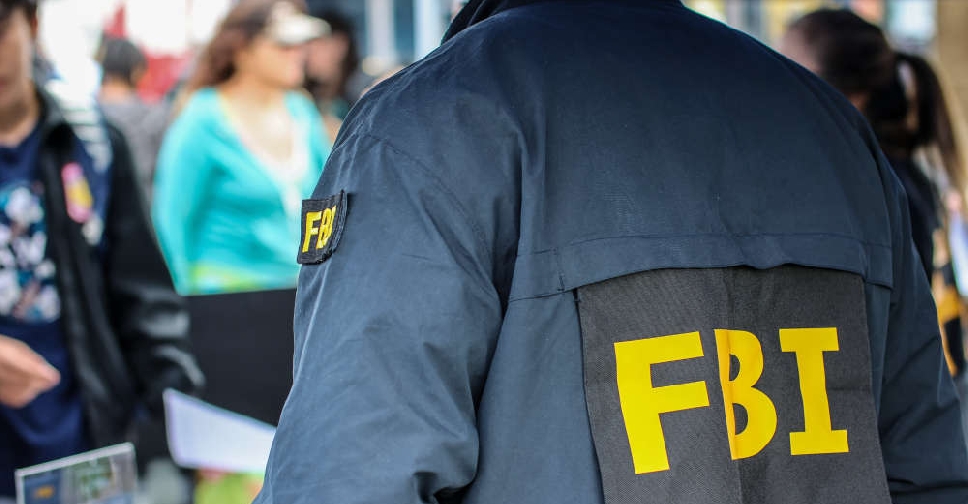 FBI foils 'terror plot' targeting Los Angeles
FBI foils 'terror plot' targeting Los Angeles
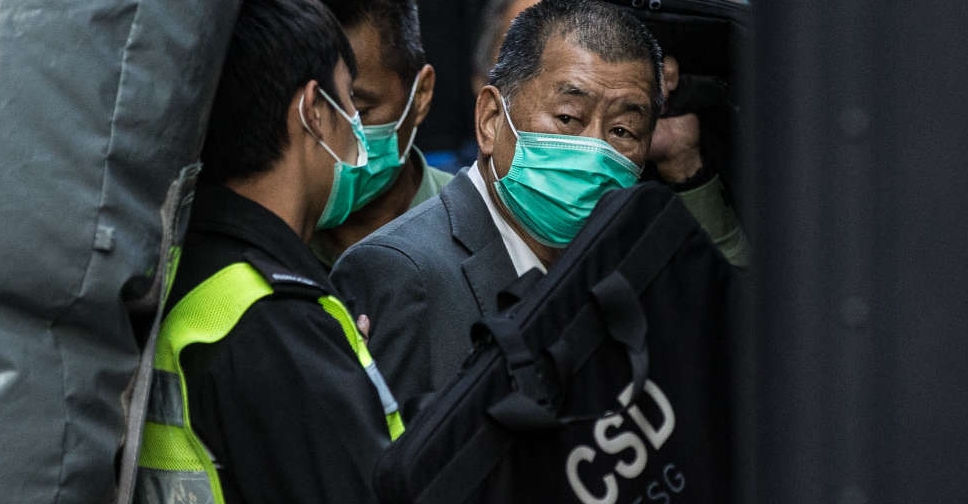 Hong Kong court finds tycoon Jimmy Lai guilty in landmark security trial
Hong Kong court finds tycoon Jimmy Lai guilty in landmark security trial







